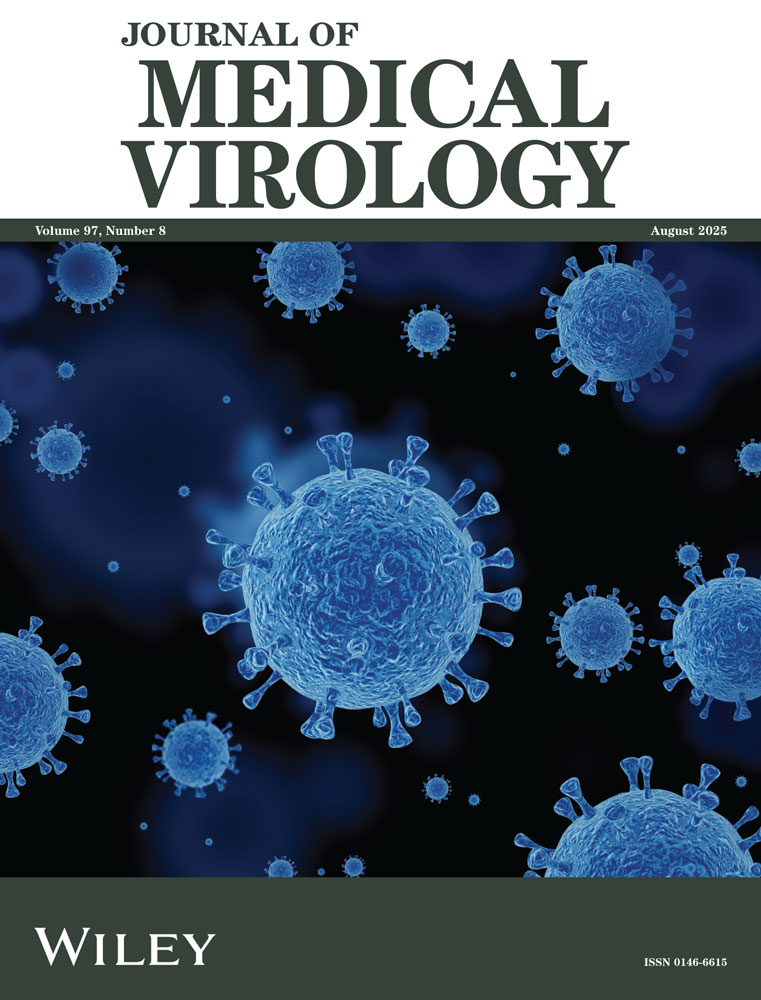Immune suppression leading to hepatitis C virus re-emergence after sustained virological response
Abstract
Sustained virological response SVR is defined as undetectable HCV RNA in plasma 6 months after therapy has been discontinued. Relapse or re-emergence of viremia after SVR is rare. We report two patients that relapsed when immune suppressive therapy was given within a few weeks of achieving SVR. Patient 1 received prednisone for bronchitis and patient 2 relapsed soon after immune suppression was started post renal transplantation. These data suggest that the early phase of SVR might be associated with incomplete protective immunity. They suggest that sterilizing immunity with complete elimination of virus is unlikely. The cases also caution against the use of immune suppressive therapy in the immediate aftermath of SVR. J. Med. Virol. 80:1720–1722, 2008. © 2008 Wiley-Liss, Inc.




